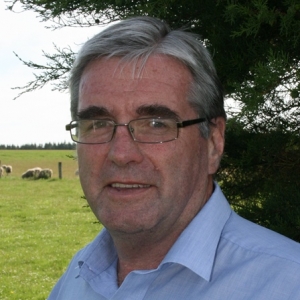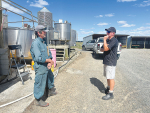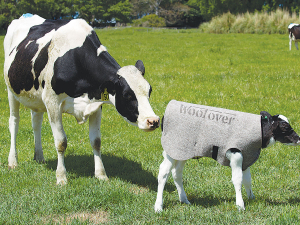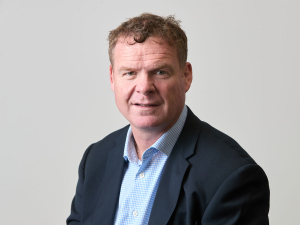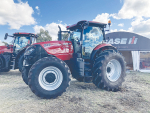"I expect all meat companies should have made a profit this year," he told Rural News.
However, in his report to BSM shareholders, he says status quo for the meat industry is not a viable option for the future.The industry continues to be production rather than market led and most of the industry's challenges are in New Zealand, not offshore. Cooney says there's at least $5/lamb to be gained in developing a properly planned processing industry.
However, when asked how that's to be achieved, he told Rural News: "That's a good question.
"You need to have a substantial number of meat companies and farmers on the same page. Is that likely? History says no."
Transparency at all levels in the industry is a critical culture change that has to occur in an industry that in future will be driven by demand to secure constant supply for international exporters, he says.
Cooney's comments were made as the Southland-based lamb and calf processor today (June 20) announced an after tax profit of $1.95m for the year ended March 31st, a turnaround from a $3.88m loss last year.
A dividend of 10c/share will be paid, distributing 59% of that after tax profit.
Cooney, who founded BSM and retains a 9.5% shareholding, said a strong balance sheet and considered approach to the rapidly expanding Chinese market helped the company negotiate the most difficult period in its history.
Good people, at Woodlands in Southland and the firm's Auckland-based Horizons marketing subsidiary, were another key feature in the company's success.
Revenue for the 2013-14 year was down 2.2% on the previous year but costs were cut 9.9%, mainly by paying livestock suppliers prices that reflected the market, which hadn't been the case in the previous year.
"The (2012/13) season opened with prices that were extremely good for supplier but at no point did they reflect the market," Cooney says.
While it's not unusual for early season schedules to be above what in-market values would justify, schedule reductions as the peak kill approaches normally bring prices into line. But for 15-months from late 2011 to early 2013, falling in-market values meant the schedule reductions in New Zealand "couldn't keep up" with the fall in international prices.
That situation resulted in BSM recording a small loss in 2011/12, and the $3.88m figure last year, its only two losses in a 28-year history, Cooney points out.
A "seven figure" capital investment in processing facilities at Woodlands to service premium markets for chilled lamb cuts, as opposed to frozen, is underway and will be fully operational in time for the main lamb processing season at the Southland plant.
Further investment is planned to incrementally increase year-round chilled lamb supply and increase the range of product options and revenue. Investment in technology to "appreciably reduce" energy costs is also planned.

